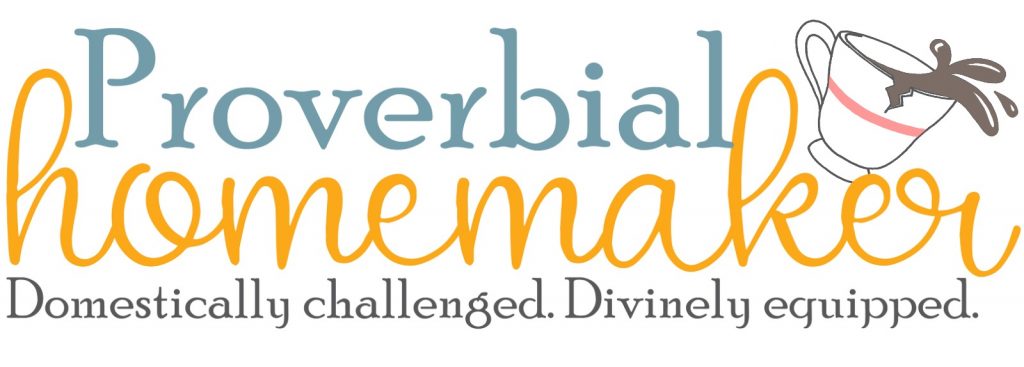Soft skills allow us to stay engaged, work through problems, improvise, adapt and overcome.
Disclosure: *This post may include affiliate links. As an affiliate, I earn from qualifying purchases. Read the disclosures and terms for more information.
Teaching Your Kids Soft Skills
In many ways, excellent soft skills should be the hallmark of mature Christians. In an environment that is embracing the secular and pagan, consideration, care and concern not only stand out but shine brightly! Teaching our kids soft skills not only prepares them to be excellent co-workers and family members, but trains them in relationship evangelism!
Furthermore, soft skills are what separates the leaders from the followers, as those with soft skills often know how to listen, how to communicate and how to lead effectively.
From coach, Bill Campbell, “Your title makes you a manager, but your people make you a leader. To be a leader, you can’t just execute on your tactical priories. You have to listen, inspire, and engage the people around you.”
While there are many recognized soft skills, I’m going to just list a few basics to get you started:
1- Critical thinking- using logic and reasoning to problem solve, strategize, assesses and develop plans of action necessary to the situation.
2- Problem solving- Reviewing and assessing related and critical information in order to understand options and effectively implement solutions.
3- Decision Making- ability to consider the cost benefits of any potential course of action and make appropriate and clear decisions.
4- Communication- giving full attention to what other people are saying, clearly understanding others, asking appropriate questions, not interrupting,
Whew. There is a lot here! How do we tackle soft skills in the midst of potty training, meal prep and Algebra, sometimes all at once?
1) Take it slow and take the long view.Assess your own skill set (using the soft skill of critical thinking) and that of your kids. If you aren’t sure where to start, begin with a DISC personality profile or Cythia Tobias Ulrich’s excellent book, The Way They Learn. Discovering your own natural bents and those with whom you live goes a long way in assessing what you need to work on and what might come more naturally to you and your family members.
2) Realize that many of these skills CAN be taught with intentionality, creativity and a few really great books!
The Critical Thinking Company has great resources as does Prufrock Press . Timberdoodle also has many terrific resources to develop critical thinking, problem solving and creative decision making abilities.
Teaching your kids Fallacies and Logic is also a great way to for kids to begin to understand higher level thinking and resonating. Traditional Logic and Rhetoric as well as Intro and Intermediate Logic are homeschool standards, and thankfully come with DVD’s that allow you to engage with challenging subject matter in the comfort of your own home.
Communication Skills are best taught in conjunction with other people and TeenPact is an excellent introduction for kids as young as eight years old. Of course, Dale Carnegie’s How to Win Friends and Influence People is a must read. Ron Brumbarger’s, You’re Always Being Interviewed is a fantastic and appropriate must read for tweens and teens of all ages. Protocol Matters and 7 Habits of Highly Effective People (or Teens) is also a great starting place for those intentionally developing communication skills that move beyond social media short hand.
3) Model growing and learning in these areas for your kids and show them what it means to engage with the world with creative critical thinking skills, problem solving finesse and communication skills that Wow! Again, assess your strengths and areas of weakness and be willing to learn, grow and develop. It’s difficult to teach what we don’t know or aren’t willing to learn!
4) Find a mentor that excels in soft skills. Tim Echols, founder of TeenPact has amazing soft skills, as do our friends Stephen and Carol Rosenthal. I always learn a lot from watching them interact with people as they are the epitome of grace and charisma, regardless of the situation They mentor me, probably without even realizing it, and I love that they are wiling to spend time with my kids whenever the opportunity presents itself!
Soft skills are important for academic and vocational success. More importantly, soft skills are biblical. “Finally, brothers, whatever is true, whatever is honorable, whatever is just, whatever is pure, whatever is lovely, whatever is commendable, if there is any excellence, if there is anything worthy of praises, think about these things!” Philippians 4:8
How are you going to incorporate soft skills in to your homeschool this year?
 Lisa Nehring has one husband, 2 graduate degrees, 5 kids and a black-belt in homeschooling. She is the owner and administrator at True North Homeschool Academy, a full service 7th-12th grade on-line community offering live and pre-recorded classes, testing, Academic Advising and community, as well as a k-12th grade Struggling Learners and Special Needs program. You can learn more at https://truenorthhomeschoolacademy.com
Lisa Nehring has one husband, 2 graduate degrees, 5 kids and a black-belt in homeschooling. She is the owner and administrator at True North Homeschool Academy, a full service 7th-12th grade on-line community offering live and pre-recorded classes, testing, Academic Advising and community, as well as a k-12th grade Struggling Learners and Special Needs program. You can learn more at https://truenorthhomeschoolacademy.com






 by Stephanie, The Multi Taskin' Mom
by Stephanie, The Multi Taskin' Mom